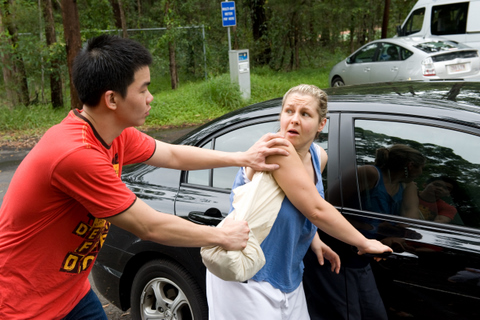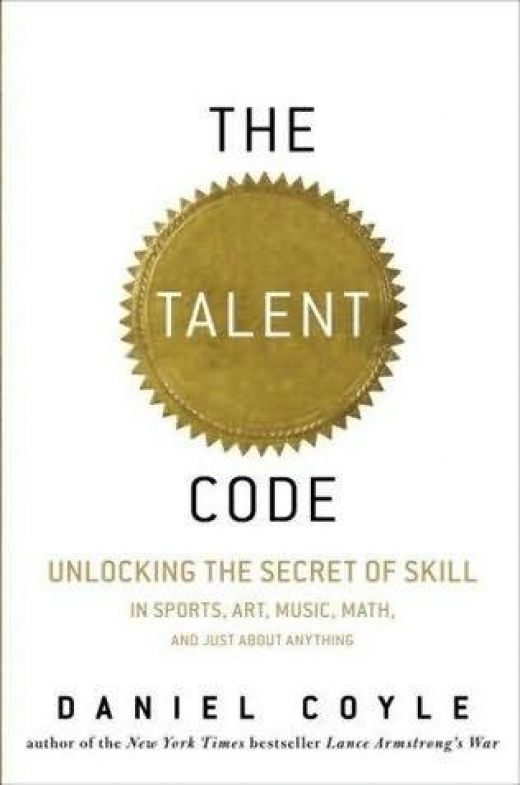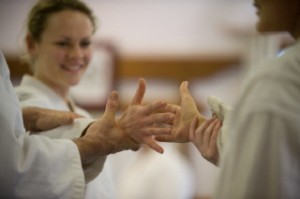Shukan News 24th October
SENIORS CLASS this Thursday evening (27th) at Nathan dojo, runs concurrently with the general class. All seniors welcome.
If you have any contribution for the Shukan News (story, photograph, video), please send it via email to gary@garyweigh.com
1. Interested in a 2-hour STREET-WISE Self Protection course?
 Everyone welcome! No previous martial arts experience required. This 2-hour session is a must for every female! Learn how to protect yourself – not how to fight!
Everyone welcome! No previous martial arts experience required. This 2-hour session is a must for every female! Learn how to protect yourself – not how to fight!
Register your interest now on info@griffithaikido.com.au
Time: 6.45-8.45pm Thursday evening 17th November 2011
Venue: Griffith Aikido Nathan dojo
Check out location at: https://www.griffithaikido.com.au/locations/
2. The Talent Code
“Practice doesn’t make perfect, perfect practice makes perfect.”
 In his book, The Talent Code, journalist and New York Times bestselling author Daniel Coyle visits nine of the world’s greatest talent hotbeds — tiny places that produce huge amounts of talent, from a small music camp in upstate New York to an elementary school in California to the baseball fields of the Caribbean.
In his book, The Talent Code, journalist and New York Times bestselling author Daniel Coyle visits nine of the world’s greatest talent hotbeds — tiny places that produce huge amounts of talent, from a small music camp in upstate New York to an elementary school in California to the baseball fields of the Caribbean.
He found that talent is grown, not born. He observed behavioural patterns that were common to all of these schools, including certain methods of training, motivation, and coaching. Their methods are attuned to the fundamental mechanisms through which the brain acquires skill.
According to Coyle, the three main ingredients are deep practice, ignition (motivation / inspiration), and master coaching. Each ingredient is powerful on its own but when combined synergistically that is when learning velocity increases tenfold.
It is thought that such accelerated learning through this type of intense practice develops the brain by building myelin, the white matter lining the nerve fibers of the brain. So it doesn’t matter how old you are you can keep on increasing your abilities (and maintain brain health) by focusing on certain targeted skills and by practicing them at a deep level.
Deep practice is a very slow repetitive practice, enabling the student to get movement and technique just right. It is not dissimilar to the static practice of Aikido.
So while we all love the physical movement and excitement of taninzugake, it is the more static levels of Kotai and Juntai practice that teaches us the skills. It is no surprise that, over thousands of years of cultural development, Chinese and Japanese masters have figured this out and incorporated it into the martial arts that we now inherit.
3. Ki connects us all
 Conflict arises out of differences, not sameness. Our differences arise from personality, culture and beliefs. Wars start because tribes perceive differences in other tribes. By force and subjugation, one tribe attempts to eliminate the perceived differences in the other and restore their idea of sameness.
Conflict arises out of differences, not sameness. Our differences arise from personality, culture and beliefs. Wars start because tribes perceive differences in other tribes. By force and subjugation, one tribe attempts to eliminate the perceived differences in the other and restore their idea of sameness.
We are all members of tribes. If our tribe is large enough, strong enough and well protected it enjoys the luxury of living in peace. If not, it becomes vulnerable to attack and takeover by another tribe.
As Ronald Reagan said, “Peace is not the absence of conflict, it is conflict managed in a peaceful way.”
Although evolution has created us substantially the same, it has also divided us in terms of personality and cultural beliefs. Nevertheless we have humanity in common and residency of the same planet. At a deeper level, below the level of consciousness, we are all connected – sometimes in love, sometimes in hate, but connected all the same.
Ki development is the way to access that deeper level of the connection. Ki can lead us to empathy, tolerance and most importantly, self control. With the strength and composure of mind and body unification, the differences that tribes go to war over are no longer threatening.
4. Thought for the week
“Imagine all the people living life in peace. You may say I’m a dreamer, but I’m not the only one. I hope someday you’ll join us, and the world will be as one.” John Lennon
